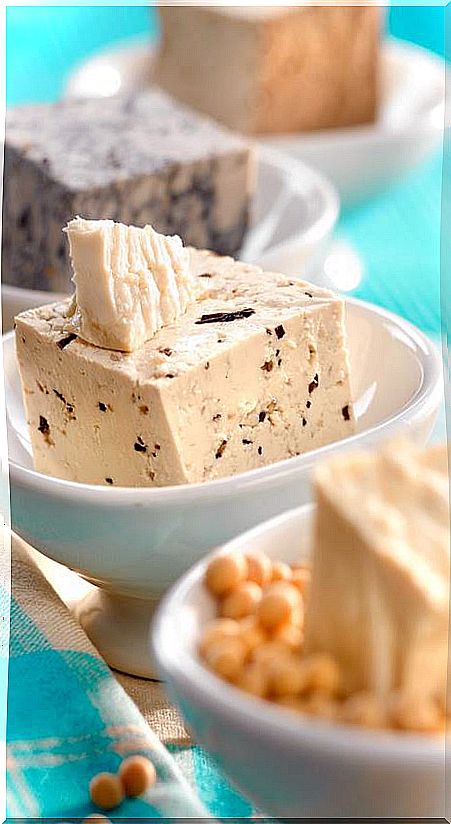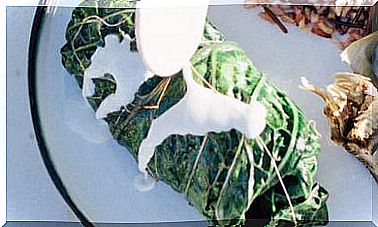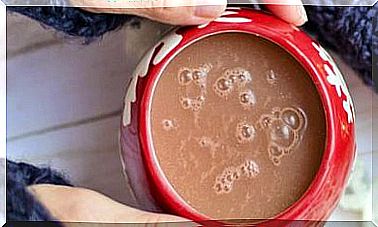Tofu Or Seitan, Which Is Better?
Tofu and seitan are the two quintessential “substitutes” for meat in vegetarian diets. But which of the two is better?

Between the belief that all soy products are GMO (we know not, as we discussed extensively in this article) and unfounded fears of the alleged harm that soy consumption causes, damning comments about tofu are often read, totally unfounded.
It is also common for it to be compared to seitan, or to be named as if they were analogous foods with similar properties, which is not true either, one being derived from legumes and the other from cereal.
The truth is that tofu is a very interesting food from a nutritional point of view, and also from a gastronomic point of view due to its multiple uses in the kitchen and its adaptability to different recipes and flavors. And it is a pity that someone stops consuming it based on false or unfounded beliefs.
In fact, from a strictly nutritional point of view (not organoleptic, that seitan is very good), tofu has notable advantages over seitan, which does not mean that the latter is bad or should stop being consumed if it suits us well. But it’s nice to know that when nutritionally equated as analog foods, the comparison isn’t fair to tofu.
6 advantages of tofu over seitan
1. Their protein is of much higher quality
Soy protein has a complete aminogram and is of high biological value, unlike wheat protein, which is of low quality. Although it is true that seitan contains much more, and if we eat legumes, for example, throughout the day, it would be perfectly compensated.
2. It is more easily digested
Tofu is usually a gentle digestion product, but seitan, which is practically only gluten, is not. Gluten is one of the main molecules that cause intestinal problems. Not only for the celiac population, but also for those people who have non-celiac gluten sensitivity, and that could represent up to 10% of the population, according to the FACE. Likewise, it is a product to be withdrawn or reduced in some autoimmune and / or digestive pathologies.
3. Your lipid profile is healthy
Tofu has a small lipid fraction (between 5 and 8%) that includes omega-3 fatty acids, which are healthy fats. Seitan has negligible fat content.
4. We better assimilate its iron content
Although the iron content per 100g is similar in both products, it is common to read that soy makes it difficult to absorb iron, which would give seitan an advantage.
In fact, according to recent studies, the opposite is true : soy does not negatively affect iron status and its absorption is as good as ferrous sulfate used in supplements.
5. It is richer in calcium
Tofu has more than twice the calcium of seitan, for the same amount of food, if it is also curdled with calcium salts (instead of just nigari or magnesium salts), that content is even higher. It is also a calcium with good bioavailability, of which about 30% is absorbed, similar to the bioavailability of calcium in milk.
6. Less calories, more nutrients
Tofu is nutritionally dense in relation to its caloric content, which is much lower than that of seitan. That is, for the same calories consumed, tofu provides many more nutrients. 100g of seitan is around 370kcal, while 100g of tofu is around 70-150kcal depending on how pressed it is.
At this point, it is important to note that neither of the two products are essential in a vegetarian diet. Consuming legumes as is, nuts, seeds and whole grains, we will cover protein requirements without problem and it is not necessary to consume tofu if we do not like it. They are simply products that exist in the market, that are versatile and are consumed quite frequently, but you can live without them.
But whether we consume it or not, the decision is made in an informed way, as I always say, not based on baseless beliefs.









